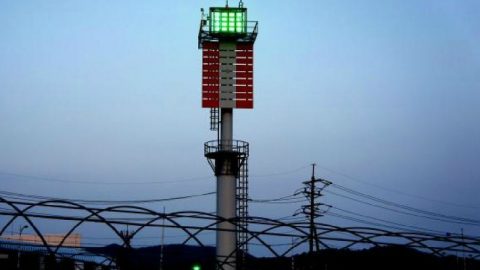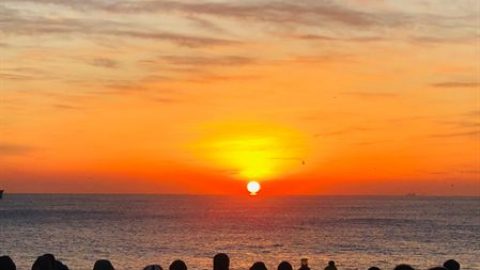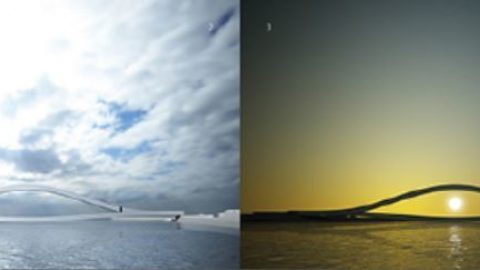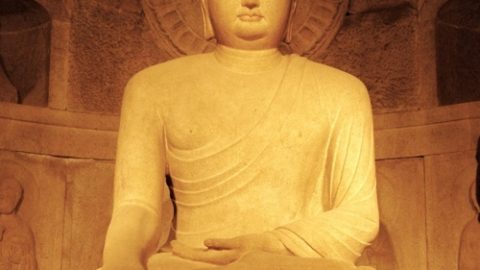Korea Dropped the Ball Over Int’l Naming of East Sea
2011-08-11
The U.S. and United Kingdom have submitted letters to the International Hydrographic Organization supporting the name “Sea of Japan” as the sole designation for the body of water between Korea and Japan. The IHO publishes “Limits of Oceans and Seas,” which serves as the standard reference in map production. The U.S. State Department said on Tuesday the U.S. prefers “Sea of Japan” because it is commonly used around the world.
Japan took advantage of its position as a founding member of the IHO to get the organization to select the name “Sea of Japan” in 1929, when Korea was unable to lodge a protest because it was a Japanese colony. Starting in 1992, the government began trying to convince the 83 member countries of the IHO to use both “East Sea” and “Sea of Japan,” citing the organization’s rule that dual names can be used if two countries that share a body of water cannot agree on the name. At the IHO general assemblies in 2002 and 2007, the government attempted to put the proposal to a vote but failed. The U.S. and U.K., which wield significant clout at the IHO, have voiced their support for Japan, making it highly unlikely that the dual designation will be selected at the general assembly next year.
If the government wants to change the designation, which has been upheld for 82 years, it needs to shift its diplomatic strategy. “Quiet diplomacy” may work in dealing with Japan’s attempts to focus attention on Korea’s Dokdo islets in order to turn it into a territorial dispute. But the government needs to get more vocal when it comes to the naming of the East Sea, where Japan has the advantage. Korea also needs to gather more evidence to support its view, including documents like the “The Universal Gazetteer” of 1760, which calls the East Sea the “Sea of Corea.”
The Foreign Ministry even created an ambassadorial post in 2005 to deal specifically with the designation of the East Sea. But officials considered the post as merely a way station on their way to higher posts and it changed hands twice in the last two years. The Foreign Ministry devotes one page on its English and Korean websites to the issue, while Japan’s Foreign Ministry created a separate website to deal with the problem, available in Japanese, English and Korean. Korea suffers from selective amnesia, making a fuss about the problem only when the IHO holds its general assembly every five years, but forgetting about it when the meeting ends. With this strategy, it will never be able to achieve its goal.
Source : The Chosunilbo
http://english.chosun.com/site/data/html_dir/2011/08/11/2011081101242.html




